Disclosure: This article contains affiliate links. We may earn a commission from purchases at no extra cost to you, which helps our travel content.
The hills of West Virginia have stories etched into their very bedrock—tales of resilience, craftsmanship, and community that stretch back generations. As someone who's documented cultural preservation across five continents, I've developed a particular fondness for places where tradition isn't relegated to museums but lives and breathes in daily life. Clarksburg, nestled in the rolling Appalachian foothills, is precisely such a place—a community where the past and present dance together in a delicate, authentic choreography that feels increasingly rare in our homogenized world.
The Living Museum of Glen Elk Village
Glen Elk Village represents Clarksburg's historical heart—a district where Italian immigrants once settled alongside Scots-Irish miners, creating a cultural tapestry that remains vibrantly intact. Unlike the carefully curated historical zones I've encountered from Kraków to Kyoto, Glen Elk wears its heritage with a casual authenticity that's impossible to manufacture.
On Wednesdays and Saturdays, the village transforms into a living workshop. Local artisans—many fourth or fifth generation practitioners of their craft—gather at the community center to demonstrate everything from quilting to blacksmithing. I spent a memorable afternoon with Martha Cunningham, an 82-year-old quilter whose fingers moved with the precision of a concert pianist as she explained how patterns in Appalachian quilts often contained coded messages during the Underground Railroad era.
For families visiting, these aren't mere demonstrations but hands-on opportunities. My attempt at Appalachian basket weaving yielded a lopsided creation that now holds my desk supplies—a perfectly imperfect souvenir that tells a better story than any mass-produced trinket ever could.
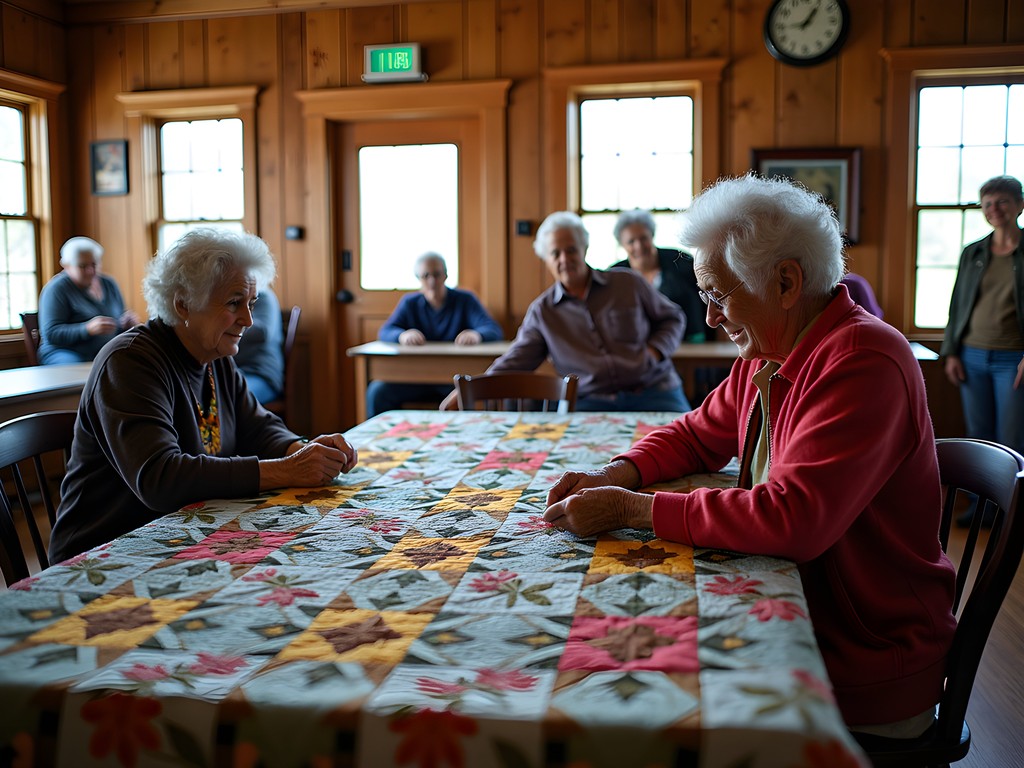
💡 Pro Tips
- Visit on Wednesdays or Saturdays for maximum artisan demonstrations
- Ask permission before photographing craftspeople at work
- Most workshops welcome children, but those involving forge work have age restrictions
Musical Heritage: From Porch to Performance
If Appalachian culture has a heartbeat, it's found in its music—a haunting blend of Scottish ballads, Irish reels, and African American spirituals that evolved in these isolated mountains into something entirely unique. Clarksburg offers numerous ways to experience this musical tradition, from formal performances to impromptu jam sessions.
The Clarksburg Folk Music Society hosts Friday night gatherings at the restored Robinson Grand Performing Arts Center, where for a modest $5 donation, you can witness everything from solo banjo virtuosos to full string bands. What makes these events special is their participatory nature—musicians frequently invite audience members to join in, regardless of skill level.
For a more intimate experience, follow the sounds of music to Jackson Square on warm evenings. Here, local musicians gather informally, often playing instruments crafted by their own hands. I was fortunate enough to meet Elijah Tanner, a third-generation dulcimer maker whose instruments are works of art. After watching him play, I couldn't resist purchasing my own mountain dulcimer. While not handcrafted like Elijah's masterpieces, it's an excellent starter instrument for families wanting to bring a piece of Appalachian music home.
Don't miss the opportunity to learn a few simple tunes—most musicians are delighted to teach visitors the basics, especially children, who they see as carriers of tradition to the next generation.
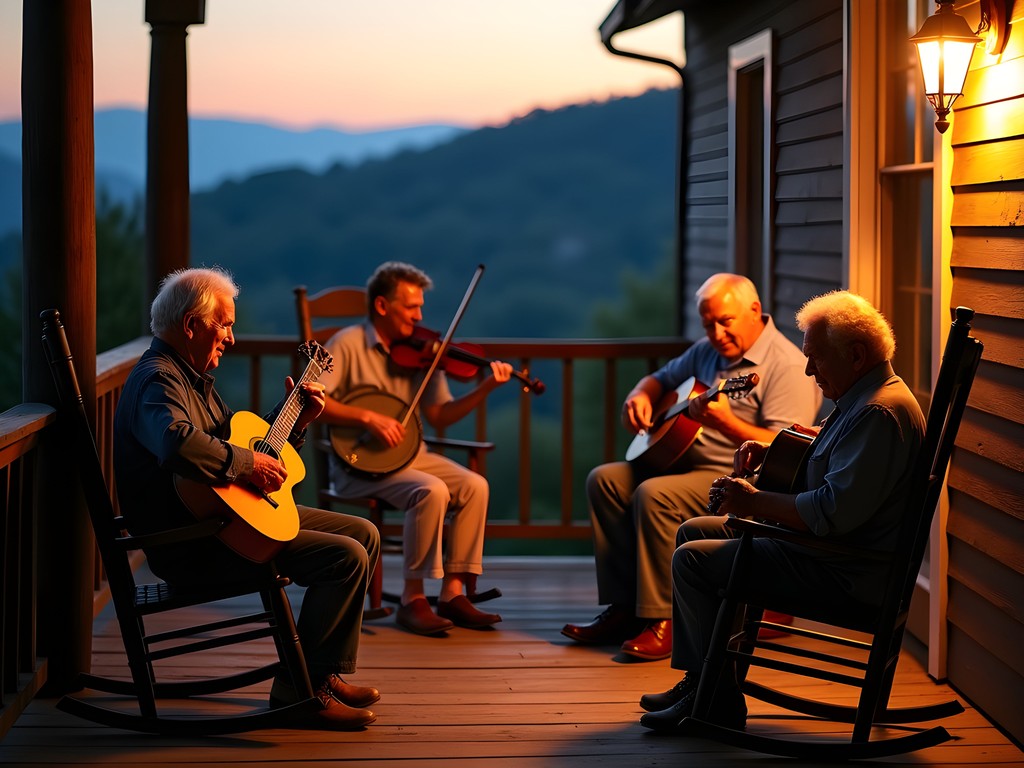
💡 Pro Tips
- Bring cash for the suggested donations at music events
- It's perfectly acceptable to record performances with permission
- Ask about the stories behind traditional songs—they often contain fascinating historical details
Foraging and Food Traditions
My journalistic curiosity has always been guided equally by my taste buds, and Appalachian cuisine offers a fascinating window into the region's self-sufficient ethos. In Clarksburg, food isn't merely sustenance but a living connection to the land and the generations who've harvested its bounty.
June through September offers families the perfect opportunity to experience Appalachian food culture through guided foraging expeditions. The Clarksburg Heritage Foundation arranges weekly walks led by local experts like Bill Morefield, a retired biology teacher whose knowledge of edible plants borders on encyclopedic. For a $15 family fee, Bill leads groups through the woods surrounding the city, identifying everything from morel mushrooms to pawpaws (North America's largest native fruit, tasting remarkably like a banana-mango hybrid).
These walks culminate in communal cooking sessions where participants transform their foraged ingredients into traditional dishes. I joined a Saturday expedition that ended with us preparing pawpaw bread, spicebush tea, and ramp (wild leek) butter. For families with children, these experiences provide not just culinary adventure but profound lessons in sustainability and self-reliance.
Before heading out, I'd recommend investing in a quality foraging basket and a reliable plant identification guide. While your guide will ensure safety, having your own reference enhances the educational experience.
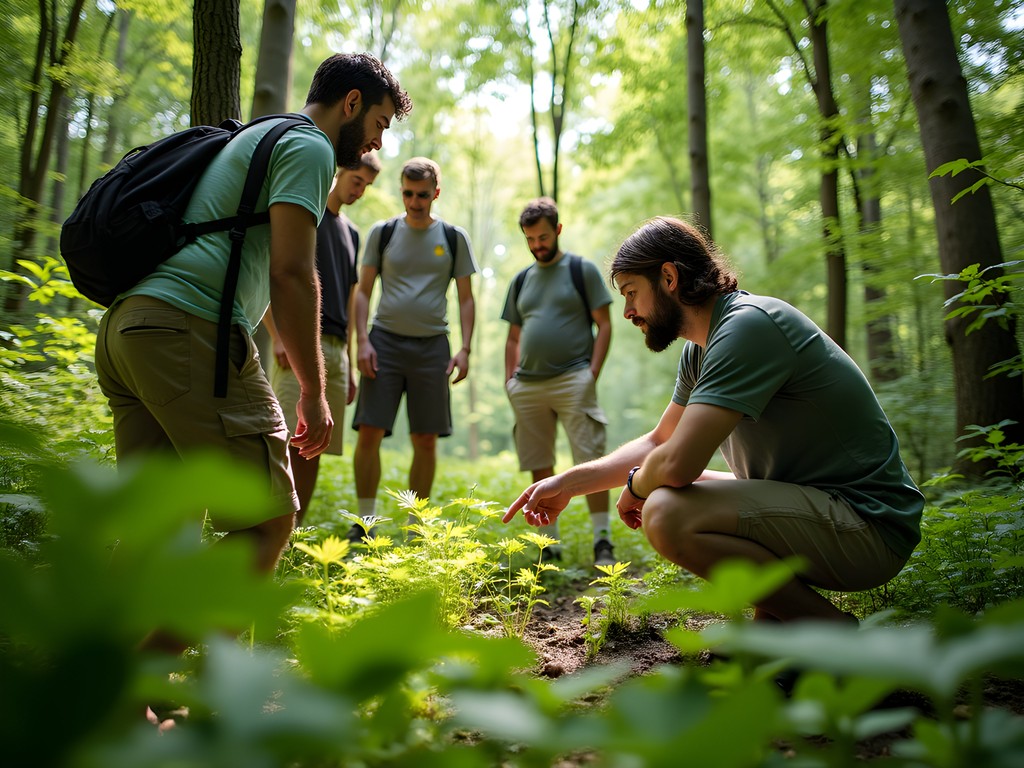
💡 Pro Tips
- Wear sturdy hiking boots and long pants for foraging expeditions
- Bring reusable containers for transporting delicate foraged items
- Never consume any wild plant without expert confirmation of its identity
Coal Heritage and Community Resilience
No understanding of Appalachian culture would be complete without acknowledging the profound influence of coal mining—an industry that shaped not just the economy but the very identity of West Virginia communities. Clarksburg offers several ways to engage meaningfully with this complex heritage.
The Cecil H. Underwood Coal Museum provides an accessible entry point, particularly for families with children. Unlike larger industrial museums I've visited across Europe, this modest establishment focuses on the human dimension of mining through oral histories and personal artifacts. The museum's Tuesday program specifically caters to younger visitors, with retired miners demonstrating equipment and sharing age-appropriate stories.
For a more immersive experience, the nearby Beckley Exhibition Coal Mine offers underground tours from May through September. Before descending, I found it worthwhile to invest in a quality headlamp as the provided lighting can be atmospheric but limited for photography.
What struck me most powerfully was how coal heritage in Clarksburg isn't presented as mere history but as a continuing narrative of community resilience and adaptation. Local initiatives like the Coalfield Development Corporation showcase how traditional craftsmanship is finding new expressions in sustainable industries—a powerful lesson in cultural evolution rather than extinction.
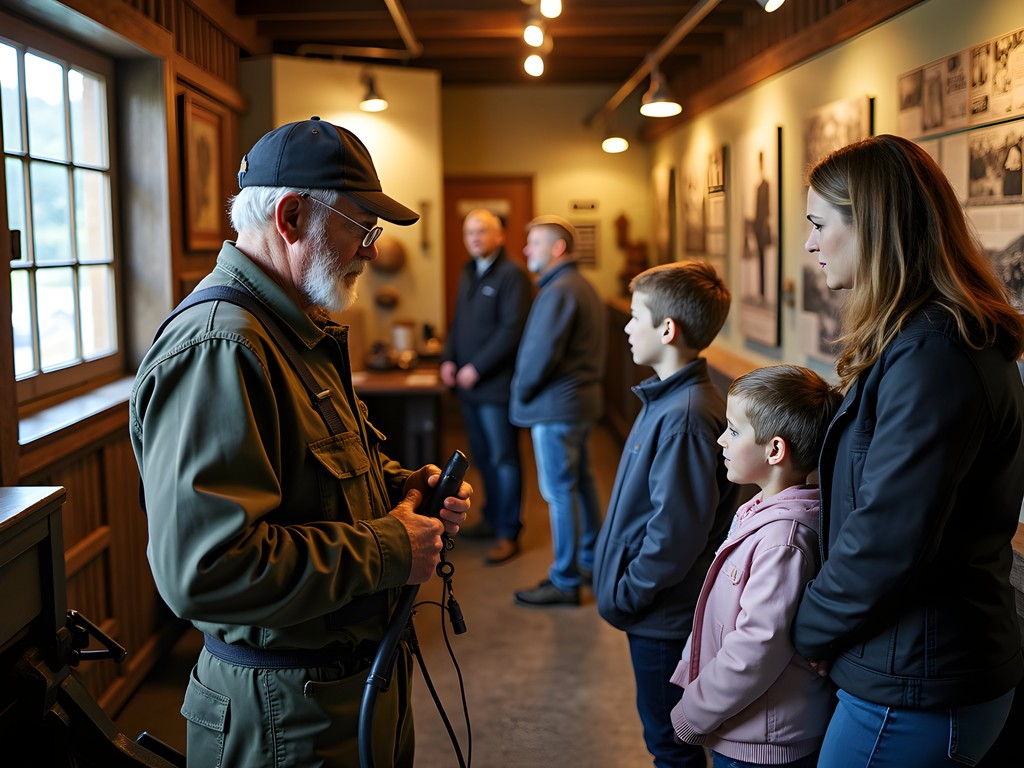
💡 Pro Tips
- The Cecil H. Underwood Coal Museum offers free admission on the first Sunday of each month
- Underground mine tours are not recommended for children under 5 or those with respiratory conditions
- Many former miners work as guides and appreciate thoughtful questions about their experiences
Storytelling Circles: The Oral Tradition Lives On
Throughout my career documenting cultural preservation across continents, I've rarely encountered a tradition as vibrant yet endangered as Appalachian storytelling. In a region where literacy came late and isolation was the norm, oral tradition became the primary vehicle for preserving history, teaching moral lessons, and simply entertaining during long mountain winters.
Clarksburg's public library hosts monthly storytelling circles that welcome visitors, but the truly authentic experience happens at the Mountaineer Brewing Company each Thursday evening. In a back room that feels deliberately untouched by time, local raconteurs gather to share tales ranging from historical accounts of the Mine Wars to supernatural 'haint' stories that raise the hair on your neck.
During my visit, I witnessed 73-year-old Virgil Cutright hold an audience spellbound with his account of his grandfather's encounter with the legendary Mothman in nearby Point Pleasant. The story's power lay not just in its content but in Virgil's masterful delivery—the dramatic pauses, the regional dialect, the subtle shifts in posture that transformed him from elderly man to frightened youth before our eyes.
For families, these sessions offer entertainment far more engaging than any digital distraction. Children are often invited to participate with simple tales of their own, creating an intergenerational exchange that feels increasingly rare in our compartmentalized society.
I've found that capturing these experiences requires more than just photographs. A quality audio recorder allows you to preserve these stories (with permission) as sonic souvenirs that capture nuances no written account could convey.
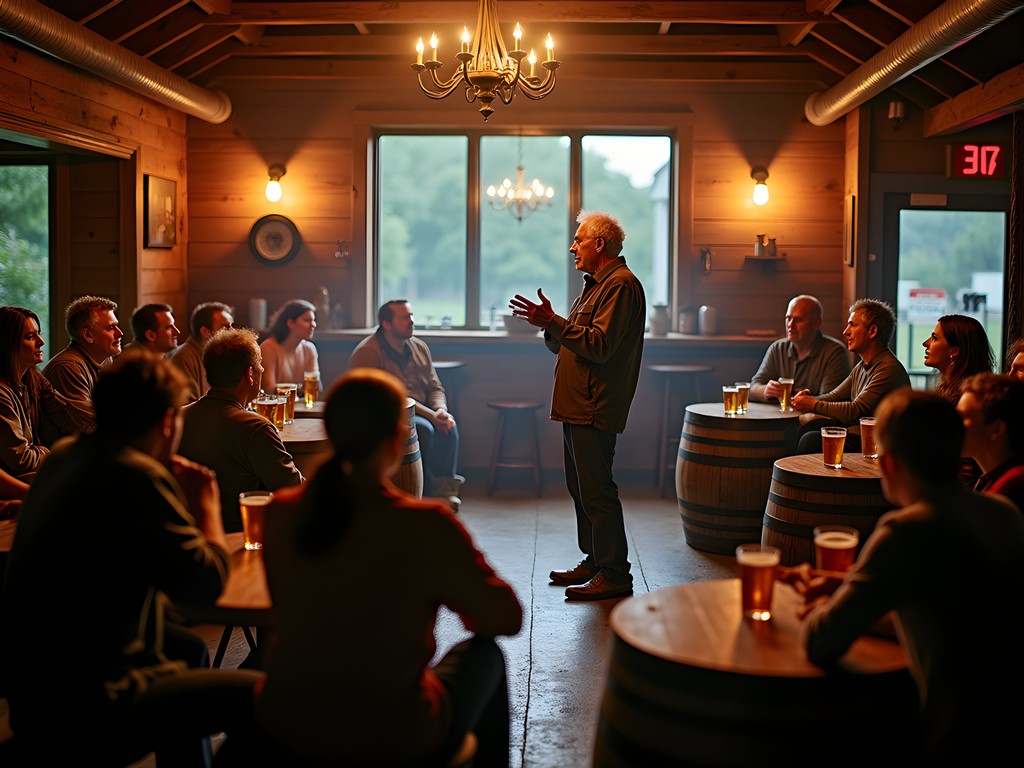
💡 Pro Tips
- Arrive early to the brewing company sessions as seating fills quickly
- Respect the tradition by listening attentively without interruption
- If you record stories, always ask permission and offer to share the recordings with the tellers
Final Thoughts
As I packed my dulcimer and notebooks for the journey back to Frankfurt, I found myself reflecting on what makes Clarksburg's cultural offerings so compelling. In an age where 'authentic experiences' are increasingly commodified and packaged for tourist consumption, this modest West Virginia city offers something genuinely rare—traditions that exist not for visitors but for the communities themselves.
The beauty of Appalachian culture lies in its adaptability. These are not fossilized practices preserved in amber but living traditions that have evolved through centuries of hardship, migration, and technological change. The basket weaver incorporates new materials; the storyteller weaves contemporary references into ancient tales; the musician adds subtle innovations to songs centuries old.
For families seeking meaningful cultural immersion without international travel, Clarksburg offers an accessible entry point into a distinctly American heritage that feels both familiar and fascinatingly foreign. The experiences here won't dazzle with spectacle or luxury, but they offer something far more valuable—genuine human connection across the boundaries of geography, generation, and background. In the end, isn't that the true purpose of travel?
✨ Key Takeaways
- Clarksburg offers hands-on cultural experiences rather than passive observation
- Intergenerational learning is central to Appalachian cultural preservation
- Budget-friendly cultural immersion is possible without leaving the United States
- Summer offers the fullest range of outdoor cultural activities and demonstrations
- The authentic appeal of Clarksburg lies in experiences that exist primarily for locals, not tourists
📋 Practical Information
Best Time to Visit
June through September
Budget Estimate
$500-800 for a family of four for one week (excluding transportation)
Recommended Duration
5-7 days
Difficulty Level
Moderate (Some Activities Involve Hiking Or Physical Participation)

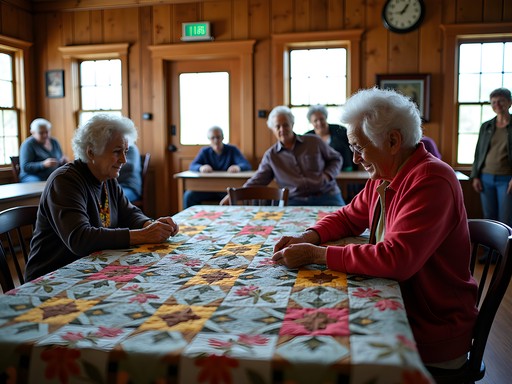
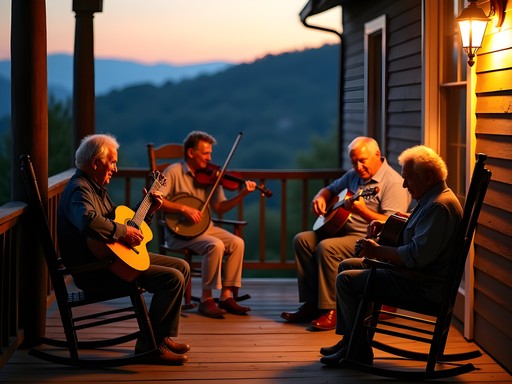
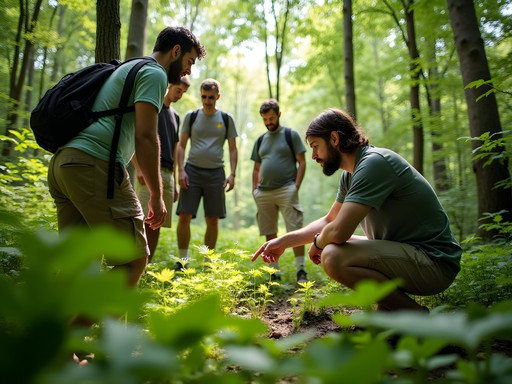
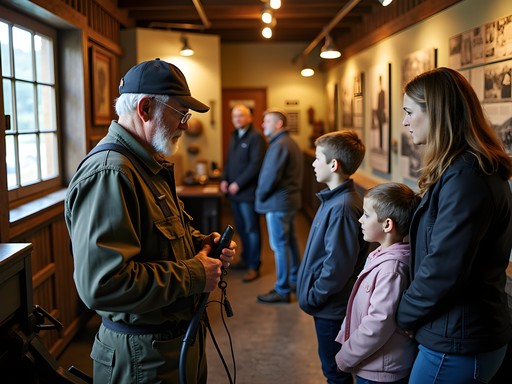
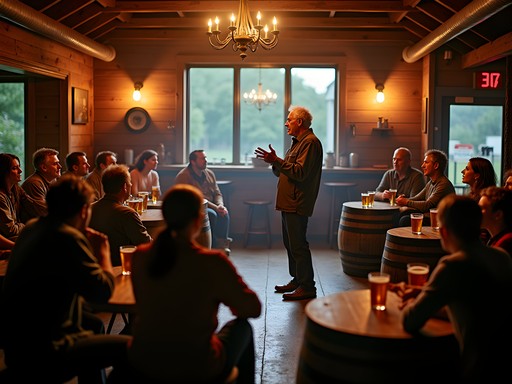


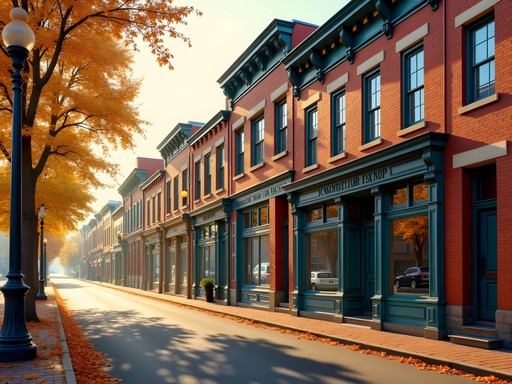
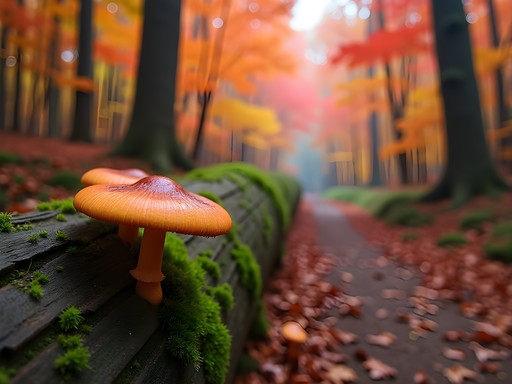
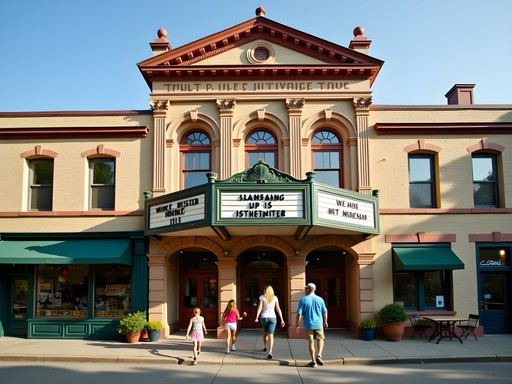
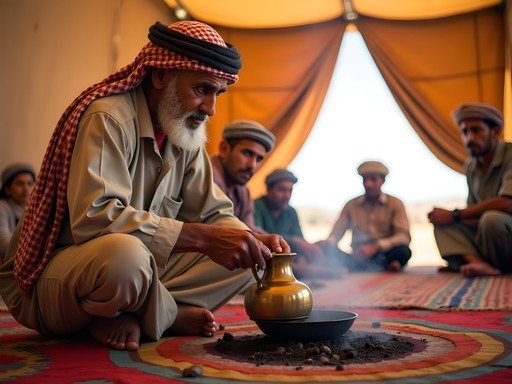
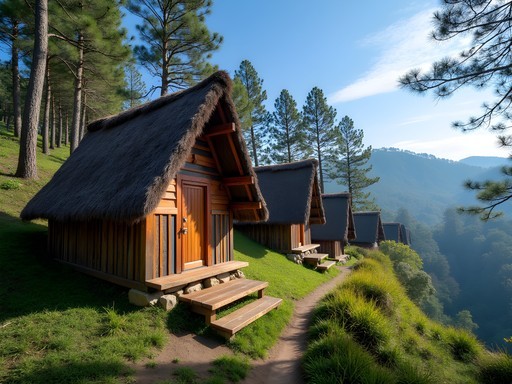
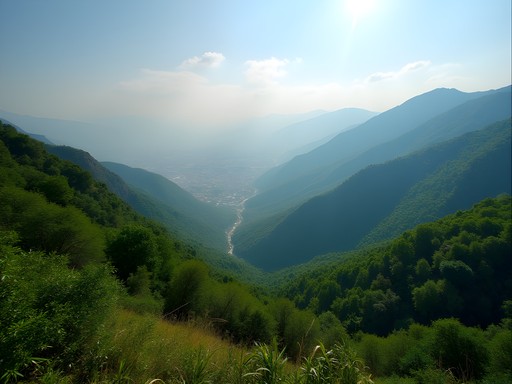
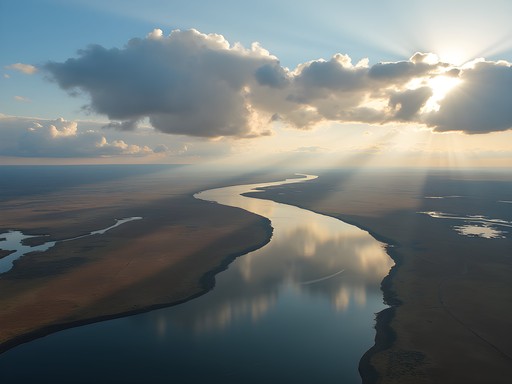
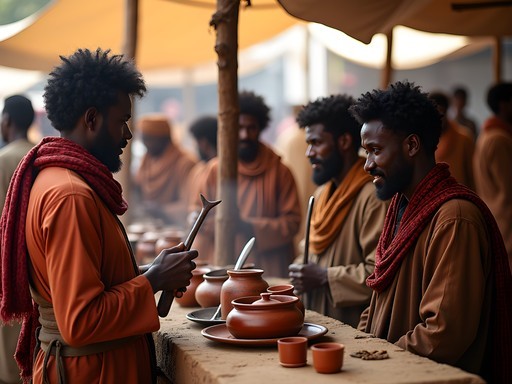
Comments
happymood9189
Love this! Adding to my bucket list
Gregory Boyd
Excellent documentation of the cultural preservation efforts here, Matthew. I've been tracking similar initiatives across rural Australia and there are interesting parallels - particularly around the tension between tourism development and authentic cultural maintenance. The coal heritage angle is especially poignant. Did you find the community receptive to outsiders engaging with these traditions? I've sometimes encountered understandable wariness in communities that have been 'exoticized' by travel media.
Matthew Shaw
Great question Gregory. There was definitely some initial reserve, but I found that genuine interest and willingness to listen (rather than just photograph) opened doors. The folks at Glen Elk have done thoughtful work creating spaces where sharing happens on the community's terms, not as performance for tourists. That made all the difference.
reddiver
Is this area family friendly? Traveling with kids ages 8 and 11
Gregory Boyd
Not Matthew, but I've done similar cultural heritage experiences with my niece and nephew around those ages. The hands-on craft workshops are usually perfect for that age range - keeps them engaged. The music sessions might depend on your kids' attention spans, but I'd say worth a try!
tripway
This is SO cool!! I've been wanting to explore more of Appalachia beyond the hiking trails. The dulcimer workshop sounds amazing - did you get to take one home or just try it out? Also really curious about the foraging experiences, that's something I've always wanted to learn properly. How many days would you recommend spending there to really soak it all in?
Matthew Shaw
I spent 4 days there and honestly could've used another day or two. The dulcimer was a loaner for the workshop, but they do sell locally-made ones at Glen Elk. For foraging, I'd recommend reaching out to the heritage center beforehand - they connect you with local guides who really know their stuff!
tripway
awesome, thanks! gonna look into this for spring
adventurelegend
Great post! I'm planning a trip to West Virginia next year - is there a particular season you'd recommend for experiencing these cultural activities in Clarksburg? I'm especially interested in the foraging experiences.
Matthew Shaw
Spring is fantastic for foraging - especially April/May for ramps and morels. But fall has the harvest festivals and the foliage is spectacular. The music happens year-round, though summer has more outdoor performances.
tripbackpacker
I'd second the spring recommendation for foraging. The whole town smells like ramps in April! Just be prepared for some rain.
coolfan
OMG this makes me want to visit so bad!! Those mountain dulcimer lessons sound AMAZING! Did you actually learn to play?? 😍
Matthew Shaw
I learned the absolute basics! Enough to play a simple tune. The instructors are so patient - they're used to teaching complete beginners.
Taylor Moreau
Matthew, this is a wonderfully thoughtful piece on Clarksburg's cultural heritage. I've documented similar traditions across Appalachia for my business travel blog, and your observations about the coal mining history resonated deeply. During my visit last year, I participated in a storytelling workshop at the Coal Heritage Museum where former miners shared oral histories - absolutely captivating. For those planning to visit, I'd recommend bringing a good quality audio recorder. I used my portable recorder to capture some of the music and stories with permission - those recordings are now treasured souvenirs.
Matthew Shaw
Thank you, Taylor! Those storytelling workshops are incredible - the oral history tradition is so strong there. Great tip about recording (with permission) - those authentic voices and tunes are irreplaceable.
wildqueen
Those photos of the quilting circle are gorgeous! My grandma was from WV and made quilts just like those.
tripbackpacker
I was in Clarksburg last spring and totally stumbled upon a jam session at the Glen Elk Village! These older gentlemen invited me to sit and listen, and before I knew it, someone handed me a washboard to play along. Never felt so welcomed by strangers before. The foraging tour you mentioned sounds amazing though - missed that one! Did you try the ramp festival foods? That wild garlic flavor is something else.
Matthew Shaw
The impromptu jam sessions are the best! And yes, the ramp dishes were incredible - especially that ramp butter on cornbread at the heritage kitchen demonstration.
tripbackpacker
Oh man, missed that demonstration! Adding it to my list for next time. The authenticity there is just something else.
springwalker
Planning a trip for April - is that a good time for the foraging experiences you mentioned? Also, any recommendations for where to stay that's close to these cultural activities?
Matthew Shaw
April is perfect for ramp foraging! That's when the season is in full swing. For accommodations, there are several B&Bs in the historic district that put you within walking distance of Glen Elk Village. The Clarksburg Heritage Inn is run by a family that's been in the area for generations and they often have evening storytelling sessions on their porch.
springwalker
That sounds perfect! Booking the Heritage Inn now, thanks!
Venture X
Premium card with 2X miles, $300 travel credit, Priority Pass